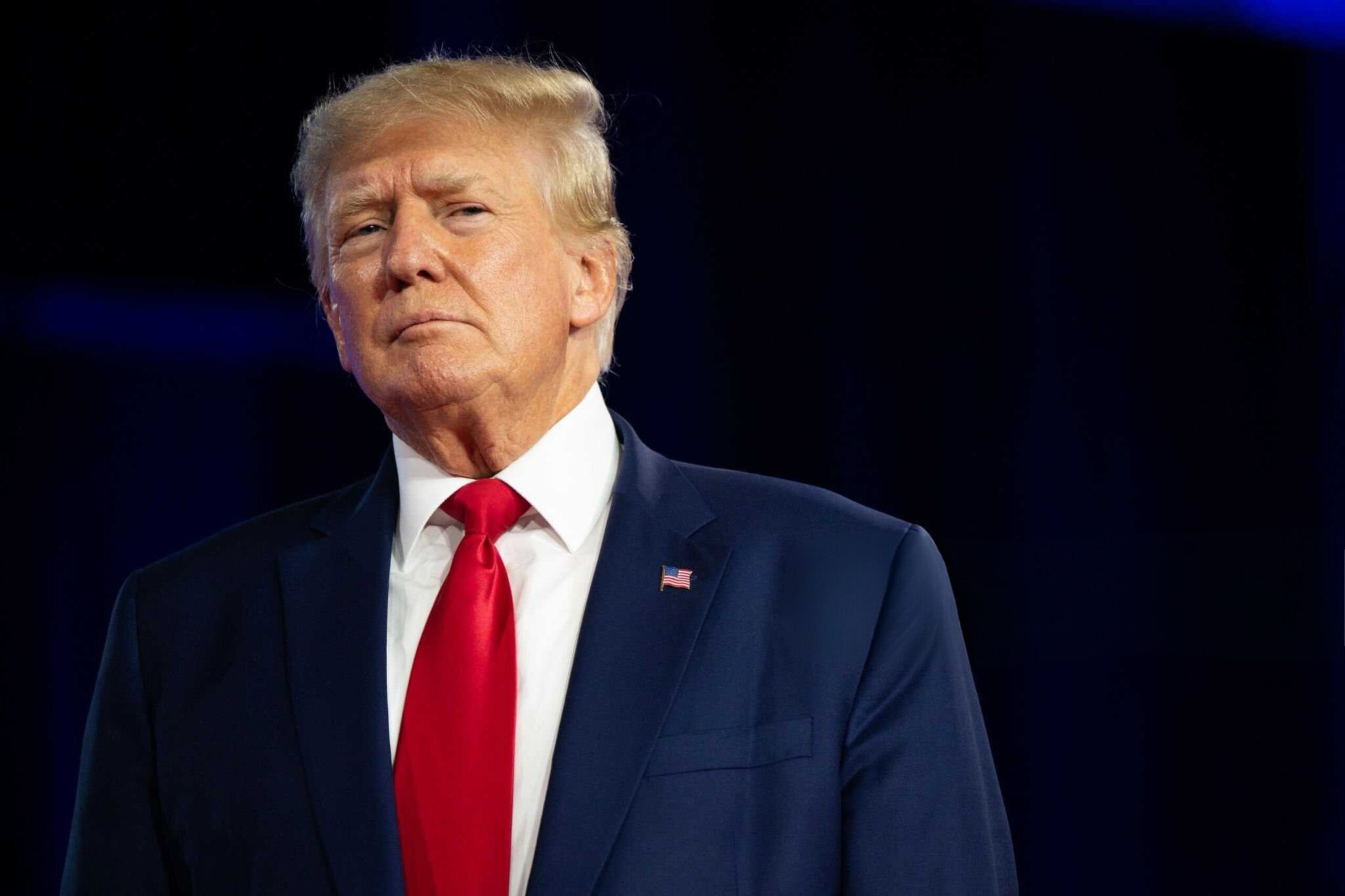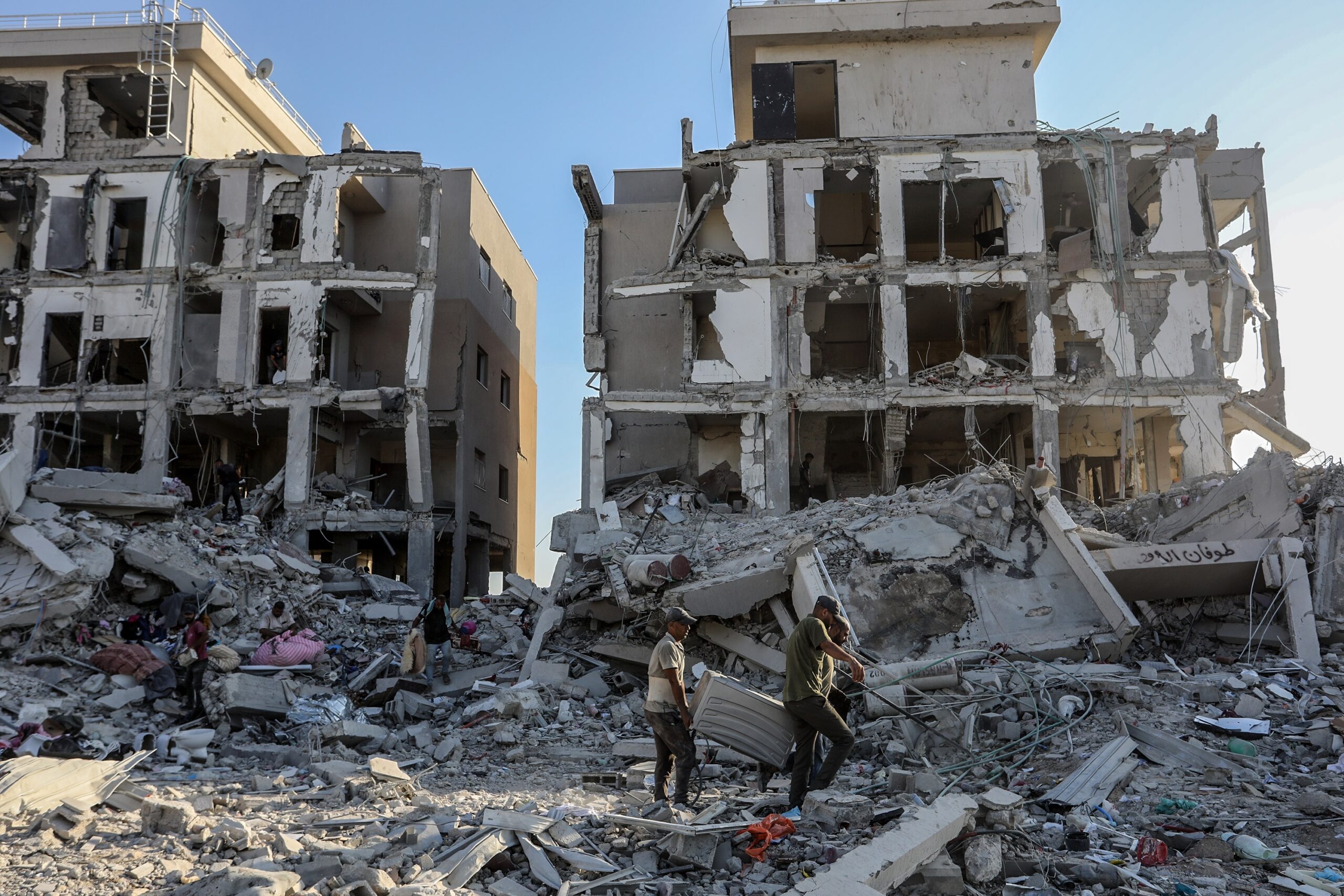[ad_1]
| SAO PAULO
SAO PAULO Residents of villages along a key highway for grains exports in Brazil’s northern Para state continued to stage protests on Tuesday blocking the flow of goods like corn and soybeans to nearby ports, industry groups and police said.
Local residents, merchants and farmers have protested on federal road BR-163 since July 5 against a veto by President Michel Temer of legislation that would reduce the area under protection at a national forest in the region, Brazil’s federal highway police (PRF) said.
Cereals exporting group Anec said the situation in Pará could impact its projections for corn exports. Brazil’s northern grains ports could account for 25 percent of total corn and soybean exports this year, according to the government.
“Everyday they stage a blockade at some point of the highway. When we get there, they move to another point,” said Ana Rabelo, a spokeswoman for the PRF in Pará.
It was not possible to reach leaders of the protests.
Rabelo said the protesters have planned new blockades for at least one week ahead, each day at a different point in the BR-163, which is a key road for trucks carrying soybeans and corn from center-west farms to a trans-shipment hub in Miritituba.
From there, the grains are transferred to barges that move them to exporting ports such as Santarém and Barcarena.
Brazilian soybean industry association Abiove said the protests were impacting grain deliveries at the Miritituba hub, so barges are waiting longer to be filled up.
“Commodities traders in Miritituba say they are receiving only small amounts of corn and soybeans,” Daniel Furlan Amaral, a manager at Abiove, said.
Since most of the soybean crop has already been shipped, ports are handling a larger amount of corn currently, as center-west states speed up harvest of the second-corn crop.
Sérgio Mendes, a director at Anec, said he had been in contact with authorities in Pará and Mato Grosso states to share information he receives from traders regarding the location and impact of the blockades.
(Additional reporting by José Roberto Gomes and Ana Mano; Editing by Andrew Hay)
[ad_2]
Source link






Leave a Reply